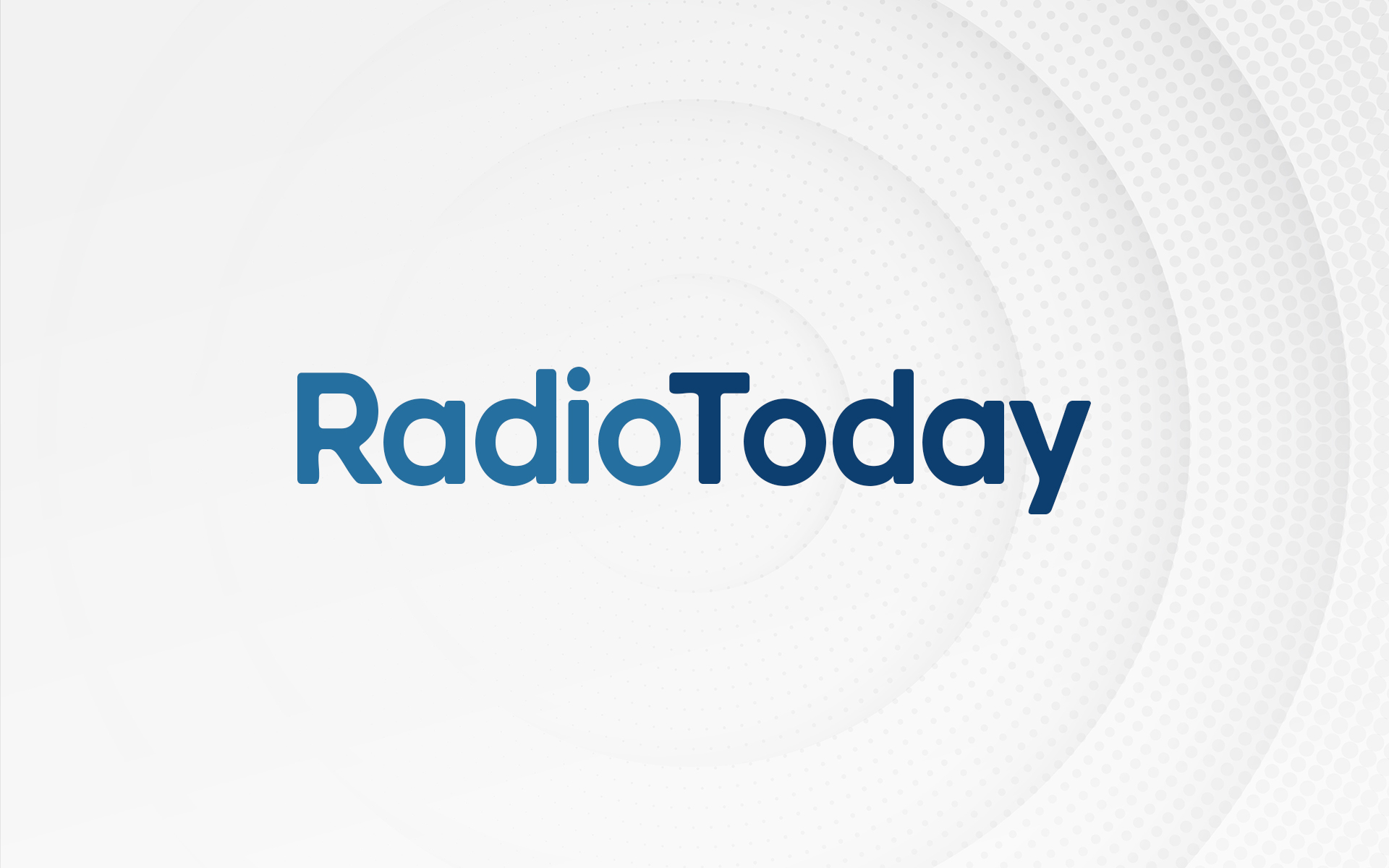
OPINION: What Brighton DAB test tells us
Daniel Nathan, CEO of Brighton’s Juice 107.2, writes for RadioToday on the small-scale DAB trial cited as the digital switchover solution for hundreds of local radio stations…
Government communication and public statements by pro-DAB lobby group Digital Radio UK in the last few weeks, have inferred that the “Small Scale DAB” test carried out as a private initiative in Brighton last year, was part of an approved and co-ordinated strategy for digital radio switchover.
Broadcasting Minister Ed Vaizey has written to concerned Members of Parliament suggesting that the low power DAB transmitter used in Brighton might be a viable replacement for existing smaller scale FM broadcasters in their constituencies. DRUK chief Ford Ennals went further, in a live interview on BBC Radio 4’s ‘Media Show’ last week, even implying that the technology was close to practical deployment.
As someone very close to the ‘Brighton Experiment’, it appears that neither Ed nor Ford have actually read the Ofcom report. I’m delighted to see that an initiative in software defined radio distribution, that was until recently dismissed by industry insiders as worthless, is now worthy of further research. In practice, this has only just begun and aside from any technical limitations which are clearly laid out in the official version, use of such technology would require new legislation which will not be passed for at least three to four years from what I understand, based on the noises coming out of Whitehall.
The Ofcom report makes it clear that the total available broadcast spectrum is nowhere near available for all 650 UK radio stations and that it will be extremely challenging to match the near universal coverage offered by FM with the technology demonstrated in Brighton. On the issue of Spectrum Availability, the report states: “In the majority of cases, the low power services would need to accept higher than ideal levels of interference that would limit their coverage areas and outgoing interference would also need to be constrained.” Another issue considered is the design and build quality of existing DAB receivers in the market, where the report points out the technology continues to prove extremely unreliable with “a lack of consistency in performance and behaviour between receiver models”. Poor battery life in some sets and a “fiddly” user interface that is “not intuitive” are also highlighted.
The Government should of course encourage Ofcom to allow a broad range of radio station operators and engineers to further experiment with the widest range of technology within the existing licensing framework, enabling them to make better informed decisions about future platforms and their audiences, but let’s not get carried away with the potential of the DAB ‘micro-multilplex’. This research opens up the exciting prospect of new incremental “services such as… student, educational, ethnic and specialist interest groups”, but it is disingenuous to use the Brighton test as a substantive piece of evidence to make a decision on switch-over on December 16th. The ‘Small Scale Dab’ report makes it clear that, in the best case, this is about a DAB ‘top-up’, not an alternative to FM, which remains the most robust and coverage effective broadcast platform for commercial local radio.
Daniel Nathan is CEO of Brighton’s Juice 107.2.
This article first appeared in our eRADIO newsletter. Get it direct to your inbox every Wednesday morning by signing up.
Posted on Wednesday, November 20th, 2013 at 12:08 pm by RadioToday Staff

